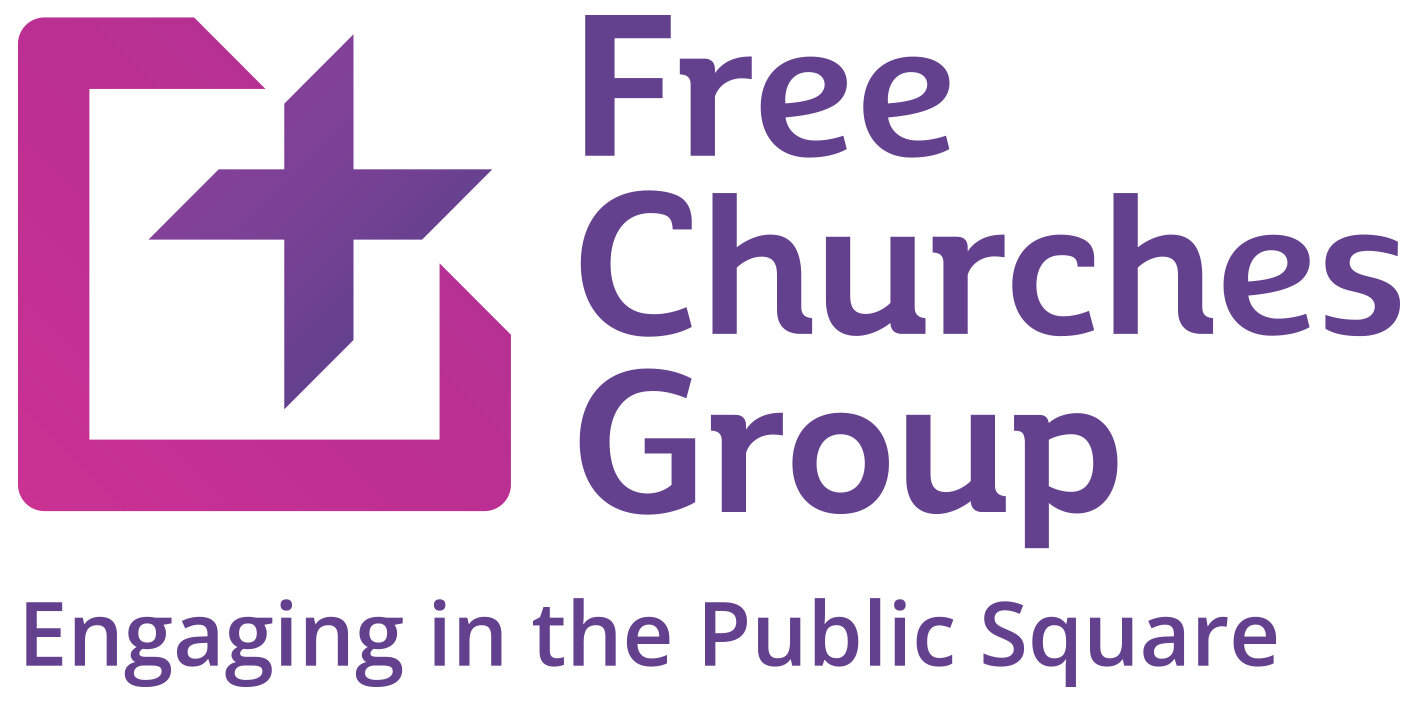I’ve got some intriguing news to share with you. Each person reading this is unique … and, at the same time, not any more significant than anyone else. Perhaps even more staggering, all readers are related to each other. Everyone is your relative, your cousin!
In his book “A Brief History Of Everyone Who Ever Lived -The stories in our genes the geneticist and Radio 4 presenter, Adam Rutherford, reveals:
We have all two parents, and they had two parents, and all of them had two parents, and so on. Keep going like this all the way back to the last time England was invaded, and you’ll see that doubling each generation results in more people than have ever lived, by many billions.
He points out that this is of course not feasible as there are more people living today that the relatively miniscule population in, for instance, the Middle Ages. Instead, he says:
The truth is that our pedigrees fold in on themselves, the branches loop back and become nets, and all of us who have ever lived have done so enmeshed in a web of ancestry. We only have to go back a few dozen centuries to see that most of the 7 billion of us alive today are descended from a tiny handful of people, the population of a village.
Wow, as I reflected on these words about the fundamental interconnected of all human beings, the image of Paul in Corinthians came powerfully to mind: All of you together are the body of Christ. Each one of you is a part of that body.
It seems wonderful how the sense of Paul’s words written in the 1st Century finds a resonance in the Rutherford’s 21st century science. As Rutherford goes on to say:
The truth is that we are all a bit of everything, and we come from all over. Even if you live in the most remote part of the Hebrides, or the edge of the Greek Aegean, we share an ancestor only a few hundred years ago. A thousand years ago, we Europeans share all our ancestry. Triple that time and we share all our ancestry with everyone on Earth. We are all cousins, of some degree. I find this pleasing, a warm light for all (humankind) to share. Our DNA threads through all of us.
So, what does this mean for how we live our lives, relate to and connect with each other? From our perspective as Christians this echoes our belief that we are intimately bound to each other. At the ultimate physical level, in our core being, we are connected to our fellow humans.
By contrast, in the news and social media people rage about what divides us, about fear of our differences – whether it be difference in culture, class, or sexual identity. Concerns about immigration are built on such fears about difference and on demands that races being kept separate. Yet, again shockingly, Rutherford scientifically reports: There are no essential genetic elements for any particular group of people who might be identified as a “race”. As far as genetics is concerned, race does not exist.
So, let’s take an alternative perspective.
Charles Williams was a member of group, called The Inklings, that met in CS Lewis’ rooms in Oxford (and then in the Eagle and Child pub). They included a core group of Williams, Lewis and J R R Tolkien, occasionally joined by others like Dorothy L. Sayers and TS Eliot.
Williams was a rather strange man and an editor with Oxford University Press. He wrote lay theology; historical biographies, and supernatural novels. Lewis was bowled over by one of these novels, The Place of the Lion, and subsequently they became great friends and he invited Willaims to be a guest lecturer when Oxford University Press transferred from London to Oxford during the war.
Williams was challenging about to whom we should extend our Christian love and time. He said that you should give of yourself wholly to anyone you encountered, regardless of who they were and to live your life like this!
The traditional way in which we live our lives is in concentric circles of concern – with the family at pride of place at the centre. The concept of family is of course a really powerful and valued one; indeed, it forms the bedrock for how we live our lives. But it can be a problematic and narrowing concept in terms of how we prioritize our time and care for fellow human beings, with some inside the arena of our concern whilst excluding others.
Jesus provocatively said: “Who is my mother, and who are my brothers?” Pointing to his disciples, he said, “Here are my mother and my brothers. For whoever does the will of my Father in heaven is my brother and sister and mother.” Perhaps it is with these words in mind that Williams reflected on what it would be to live one’s life by giving of your attention and concern to whoever you came across, regardless of who they are and what previous connection you may or may not have had with them.
It may mean that the majority of your care and attention is still pragmatically given to family and friends as these are folk you bump into most, but the worldview and orientation is radically changed, and it opens the way for devoting considerable time to anyone, to strangers, to all in need. Indeed, Williams often gave of his time to anyone who came off the train at Oxford to see him.
This outlook seems a world away from many of the things that have been said during the heated election campaign we have all just lived through. After many weeks of wild claims, counter claims, and hopeful promises we may feel rather jaded by politics and politicians. But it is important, not least for the health of our democracy, to avoid becoming disillusioned by it all.
One of the many tributes to the MP Tessa Jowell who died in 2018, was that she made and saw politics as being personal. She always brought back each activity, each engagement, each policy, to the personal, to the individual.
I met with Tessa Jowell as Minister for the Olympics in the English pavilion in Beijing in 2008. I was working there on preparation for London 2012 Olympics and had arranged for the group of children with me to meet up with Tessa. She was late. When she arrived, it was clear that this was one stop in a massively hectic and busy schedule. BUT when she was with us, I had the overwhelming impression we were all that mattered.
After a long time with us, rather than her breaking things up, I felt I ought to, almost on her behalf, say I imagine you need to get off. But she said, no, she was here now for this group of children, and encouraged them to continue their discussion and questioning of her … and the meeting went on for some time until their questions naturally dried up.
Being open to others is part of our very nature; seeing how we are all connected, linked as human beings, intimately joined within the body of Christ. We are bound together in Christian fellowship in a fundamental, visceral heritage. Indeed, the insights gained from genetic science seems to provide a new revelation of what it is to be made in God’s image, where God’s omniscient creation is working within and through our genes, binding us all together as one.
Graham Handscomb is Chair of the Free Churches Education Committee and Professor of Education at University College London.








